JournalismPakistan.com | Published January 11, 2017
Join our WhatsApp channel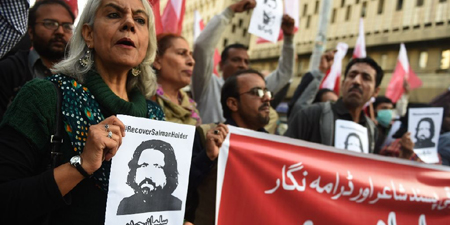
ISLAMABAD - Activists and opposition lawmakers voiced fears Tuesday of a crackdown on social media, the last bastion of free speech in a country where journalism is increasingly under threat, following the apparent abductions of four leftist bloggers.
Salman Haider, a poet and academic, and bloggers Waqas Goraya, Aasim Saeed, and Ahmad Raza Naseer - who campaigned for human rights and religious freedom - went missing from various cities between January 4 and 7, sparking nationwide protests.
Human Rights Watch (HRW) said their near simultaneous disappearances raised concerns of government involvement.
Rights groups say Pakistani activists and journalists often find themselves caught between the country's security establishment and militant groups including the Taliban.
Hundreds of people attended protests in major cities Tuesday calling for the bloggers' immediate release.
Speaking at a demonstration in Islamabad, opposition senator Afrasiab Khattak told AFP: "We have seen pressures on the media, electronic media, print media. People have been forced to indulge in self-censorship."But for social media this is for the first time, the first attack. And the message is - we won't allow freedom of expression on social media also."
Feminist activist Farzana Bari told AFP the disappearances pointed to a widening crackdown on dissent in the country.
"If they have committed any crime or violated any cyber rules -- (the government) could have registered a complaint against them. But we should know what they committed," she said.
The interior ministry said over the weekend it would investigate the disappearance of Haider, but made no reference to the others.
A security source told AFP that intelligence services were not involved in the disappearances.
But the main opposition Pakistan People's Party issued a notice in parliament that said: "The pattern of these disappearances suggests it is a coordinated action, undertaken to silence voices which are critical of prevalent socio-political issues."
Pakistan has had a history of enforced disappearances over the past decade, but they had mainly been confined to conflict zones near the country's border with Afghanistan, or to southwestern Balochistan province where separatists are fighting the government for independence.
Dawn, Pakistan's leading English-language daily, issued a strongly-worded editorial condemning the latest disappearances.
"The sanitised language 'missing persons', 'the disappeared', etc cannot hide an ugly truth: the state of Pakistan continues to be suspected of involvement in the disappearance and illegal detentions of a range of private citizens," it said.
Pakistan is routinely ranked among the world's most dangerous countries for journalists, and reporting critical of security policies controlled by the powerful military is considered a major red flag, with reporters at times detained, beaten and even killed.
In April 2015, prominent activist Sabeen Mahmud was killed by militants who said they carried out the attack because she promoted liberal, secular views.
In April 2014, unidentified gunmen attacked but failed to kill Hamid Mir, one of the country's most recognized TV anchors. His employer and his family later accused the director general of the powerful Inter-Service Intelligence agency of involvement. - AFP
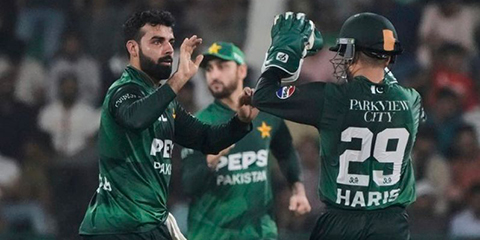
June 11, 2025: Pakistan celebrated a narrow win over Bangladesh, but beneath the jubilation lies a deeper crisis—from sidelined veterans to a collapsing domestic structure—signaling an urgent need for cricket reform.
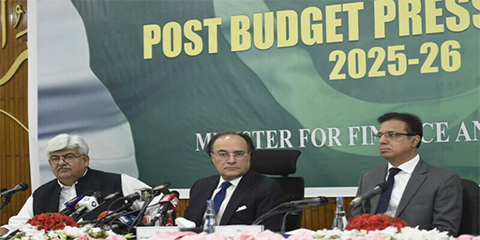
June 11, 2025: Journalists walked out of the post-budget press conference in Islamabad to protest the absence of a technical briefing and the government's dismissive behavior, calling it unacceptable and intolerable.
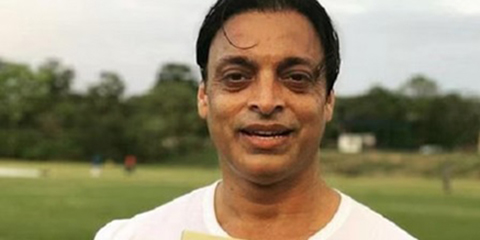
May 31, 2025: Dr. Nauman Niaz has issued a defamation notice to Shoaib Akhtar over derogatory remarks made during a recent broadcast, reigniting a longstanding media feud between the two prominent figures in Pakistan.

May 30, 2025: The Human Rights Commission of Pakistan has demanded the full repeal of PECA, citing its vague language, coercive powers, and threats to free speech and digital rights in Pakistan.
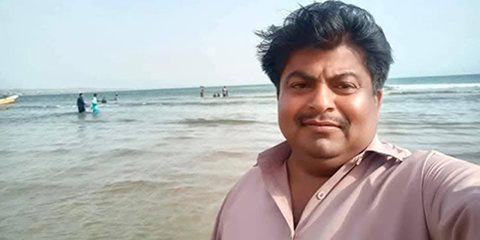
May 30, 2025: The Pakistan Federal Union of Journalists (PFUJ) has condemned the murder of journalist Syed Mohammed Shah in Jacobabad, calling for urgent justice and improved safety for media professionals in Sindh.

May 26, 2025: In Rawalpindi, police allegedly side with Jang Group to block 66 reinstated employees from resuming work despite court orders, drawing sharp criticism from unions and press freedom advocates.

May 25, 2025: PFUJ condemns the Jang Group's decision to dismiss over 80 employees in Rawalpindi, calling it an 'economic massacre.' The union warns of nationwide protests if workers are not reinstated.
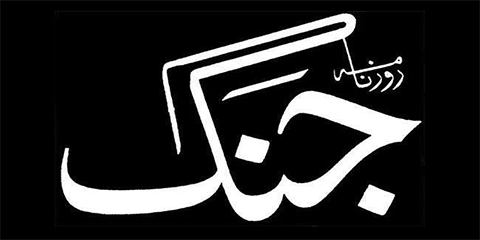
May 25, 2025: Daily Jang Rawalpindi has terminated over 80 employees, including female staff, despite multiple court rulings in their favor—raising concerns over labor rights violations and misuse of authority in Pakistani media.
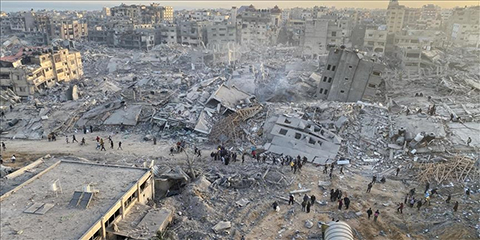
May 19, 2025 PJS reports 219 Palestinian journalists killed in Israeli attacks since October 7, with 30 women among the victims. Over 430 were injured and 685 family members were killed. Read more on the systematic targeting of media in Gaza.

May 15, 2025 Discover the legacy of Samiullah Khan, Pakistan’s legendary "Flying Horse," whose breathtaking speed and artistry redefined hockey. From Olympic glory to World Cup triumphs, his story is one of myth, movement, and magic.
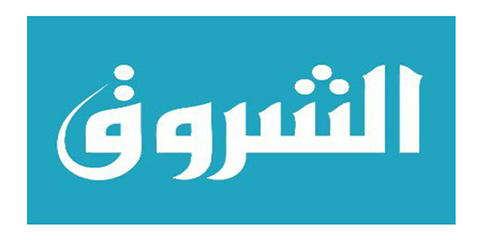
May 04, 2025 Algerian authorities suspend Echorouk News TV for 10 days after it used a racist slur against African migrants. ANIRA demands an apology, calling it a violation of human dignity.

May 04, 2025 NCHR and MMfD launch a journalism fellowship to train reporters on digital rights & gender inclusion in Pakistan. Supported by UNESCO, this initiative aims to bridge the gender digital divide. Apply by May 15, 2025!
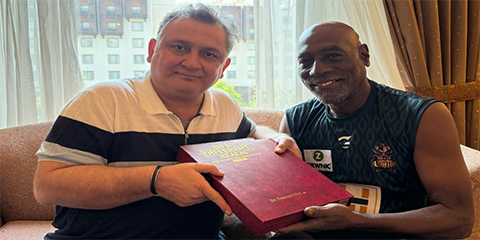
April 23, 2025 Discover Dr. Nauman Niaz’s In A Different Realm: Story of Quadruple & Triple Centuries 1876–2025, a profound exploration of cricket's most monumental innings, blending historical analysis with poetic narrative.